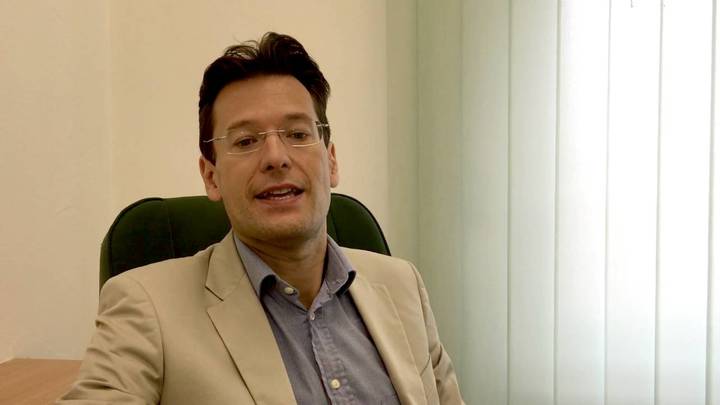The University of Newcastle in Australia is investigating the work of two prominent skin cancer researchers, Retraction Watch has learned.
Commenters on PubPeer have posted questions about the data in 42 papers by Peter Hersey and Xu Dong Zhang, both well-known in Australian melanoma research. So far, two of the papers have been retracted and four corrected.
The University of Newcastle’s head of research and innovation confirmed that the university has launched an investigation into both experts, according to emails seen by Retraction Watch. That official has a complex history of her own: a paper of hers was retracted in 2013, leading to the return of a substantial amount of grant funding.
Continue reading University of Newcastle investigating top melanoma researchers







